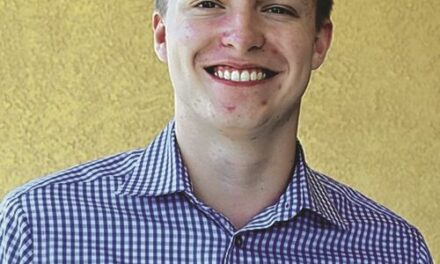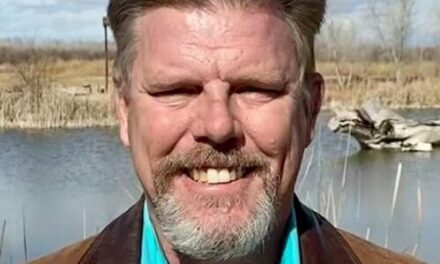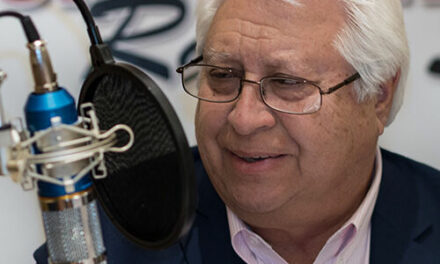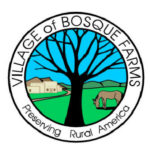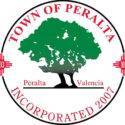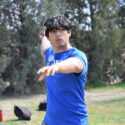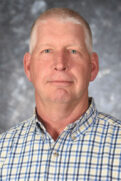
Newt McCarty
Valencia County Extension agricultural agent
Sunny days with spring on its way can be a challenging time for most gardeners.
We just can’t wait to get our hands dirty after being cooped up all winter, but we know it’s still too early. What is one to do? Well, February is a great time to get your soil tested and start seeds indoors.
The health of your soil directly impacts the health of your plants. What is your soil type, nutrient and organic matter levels? Is it saline and what’s the pH?
All are very important questions. The answers will not only help you determine how to amend the soil, but also what plant varieties are best suited for your soil conditions.
Soil sampling is a simple, cost effective way to make sure your soil is in the best condition for your landscape, home garden or crop. It is suggested you test soil at least every other year.
There are many soil testing labs throughout the country to send your sample. I suggest using the same lab for your soil tests for consistency between reports. For information about testing lab locations, please contact the Valencia County Cooperative Extension Service.
The soil test is only as good as the sample submitted. It is important the sample is a good representation of the area in question (front lawn, vegetable garden, flower beds, etc.). For the home garden and landscape, it is suggested 5-15 sub-samples be taken from the area and combined and submitted.
For pastures, collect 25-30 sub-samples limited to 40 acres per sample. It is important to state on the order form what is growing or will be grown in the area so the lab can provide recommendations accordingly.
Another late winter activity allowing you to get your hands dirty and get a jump on spring is to start your own seeds. Starting your own plants from seed is one way of being able to grow unique varieties and increase the diversity of you garden.
Local nurseries and greenhouses don’t always have an extensive variety of garden vegetables and flowers. Starting your own seeds is a cost effective way to grow a greater variety of plants, colors, sizes and growth habits and can be an enjoyable project for any gardener.
When starting your own seeds, it is important to consider the number of days to vegetable maturity to insure they will ripen before a frost or freeze event. Seeds should be used within two or three years. Store seeds in an air-tight container in a cool place. Refrigerators are ideal.
Location is important for starting seeds. Window sills are not the best location since they can be the coldest place at night and the hottest during the day.
Seeds started in warm potting mix germinate sooner and produce healthier roots. Providing a constant heat source from underneath can be very beneficial to seedlings. An electric seed starting heat mat produces soil temperatures important for producing quality starts.
It is best to use containers divided into small cells with a single seedling per cell. Place containers in a tray to catch draining water. Planting depths are listed on seed packets.
If you are unsure, plant seeds four times as deep as its width. Older seeds have lower germination rates so plant two or more seeds per cell. Keep potting mix moist during germination. Gently water the surface using a spray bottle to prevent washing away the soil and exposing the seed or add water to the tray allowing it to move up into the mix. Use permanent marker and tags to identify each container or tray.
Plants started indoors need to be “hardened off,” a two-week process of gradually exposing starts to full sun, wind and fluctuating temperatures. This helps to prevent leaves from being scorched by sun or wind causing them to wilt or even die.
Start by putting seedlings outside for a few hours in the shade during the warm part of the day, be sure to bring them back in before temperatures drop at night. Each day increase the time outside and exposure to direct sunlight.
After two weeks, and no risk of freezing temperatures, the seedlings can stay outside in a sunny location until transplanted into the garden.
This is a very general description of submitting a soil test and starting seeds indoors.
The Valencia County Cooperative Extension Service is available to assist you with any of the above steps. Please contact Newt McCarty at 565-3002.
Program announcements
Meadow Lake Kids Club: 4-5:30 p.m. Tuesday, Feb. 19, Free. Youth ages 5-18. Meadow Lake Community Center, 100 Cuerro Lane, Meadow Lake.
2019 Home and Garden Expo: 8 a.m. to 2:30 p.m., Saturday, March 16, $5 registration. Peralta Methodist Church Community Education Building, 25 Wesley Road, Peralta.
Gardening Survival Series: 10-11:30 a.m., Saturday, March 23. Seed Starting & Soil Preparation; Free. Bosque Farms Public Library, 1455 W. Bosque Loop.

Newt McCarty, guest columnist
Newt McCarty is the former Valencia County agricultural agent for the New Mexico State University Cooperative Extension Service.
